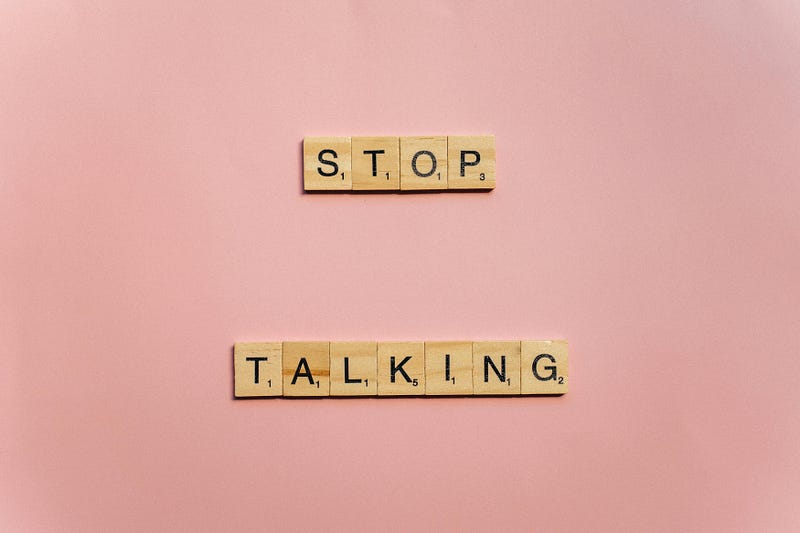Navigating Emotional Turbulence: Strategies for Meltdowns
Written on
Chapter 1 Understanding Meltdowns
In a prior article, I discussed the importance of acknowledging your emotions. Building on that, I want to delve deeper into the necessity of having a strategy for handling meltdowns.
For me, a meltdown often begins with a specific trigger. This could be anything, but it typically stems from something someone says. I tend to take comments personally, leading to a downward spiral.
For instance, I might be engaged in a casual conversation. A friend might remark, “Look at that couple; they’re so adorable! It’s lovely that the guy brought the girl those wildflowers.” Sounds harmless, right? However, if I'm already feeling tired or neglected in my relationship, this could set off a series of negative thoughts.
It's crucial to note that thoughts precede emotions in this spiral. In the above scenario, I might think, “My partner hasn’t shown me any affection lately.” This thought can quickly snowball into more distressing ones: “Why haven't they given me flowers? Do they even know I like them? Are they preoccupied with someone else? Oh no! Are they cheating on me?”
These thoughts come in an instant—quicker than it takes to read that last sentence. Without practicing self-awareness, you might not even realize you've created these narratives without any factual basis. Once the thoughts shift to negativity, emotions kick in, making it nearly impossible to regain control unless you have a pre-established game plan.

Chapter 2 Effective Strategies for Managing Meltdowns
Tip #1: Silence is Golden
If you're with someone during a meltdown, it’s wise to stop talking. Any words spoken during this time may be regrettable, often spoken in anger and possibly containing hurtful truths you’d rather keep hidden. It's vital to remain quiet to avoid saying something that could escalate the situation. I remind myself of the potential fallout, which helps me stay silent until I regain my composure.
Tip #2 Exit the Situation
If possible, physically remove yourself from the environment. If you can’t, then adhering to the previous tip is essential. I once had a meltdown in front of some coworkers who were unaware of my struggles. I reacted poorly, shouting insults. Thankfully, they chose to walk away instead of escalating the situation. Looking back, I realize that if I had stepped outside or to the restroom, I could have avoided that outburst.
Tip #3 Express Your Emotions
It's crucial to release pent-up emotions in a controlled way and within a suitable environment. Be mindful of your feelings and when they subside. There’s no set timeframe for this. I once found myself crying on and off for two days. While initially in the same room as the person who triggered my meltdown, I took a brief escape to the restroom, allowing myself to cry quietly while they remained unaware.

Tip #4 Prioritize Regular Self-Care
It’s essential to schedule regular self-care sessions. If you don’t make time for yourself, your body and mind will impose it upon you, often in an uncontrollable manner. These sessions can include activities like meditation, journaling, hiking, or spending time with loved ones.
I’ve made my mental well-being a priority by learning to manage my meltdowns. While they still occur approximately every two months, I now handle them far more effectively than before. Knowledge and self-awareness are indeed powerful tools in managing emotional challenges.
About Me—Jae Ng
I consider myself a cat enthusiast.